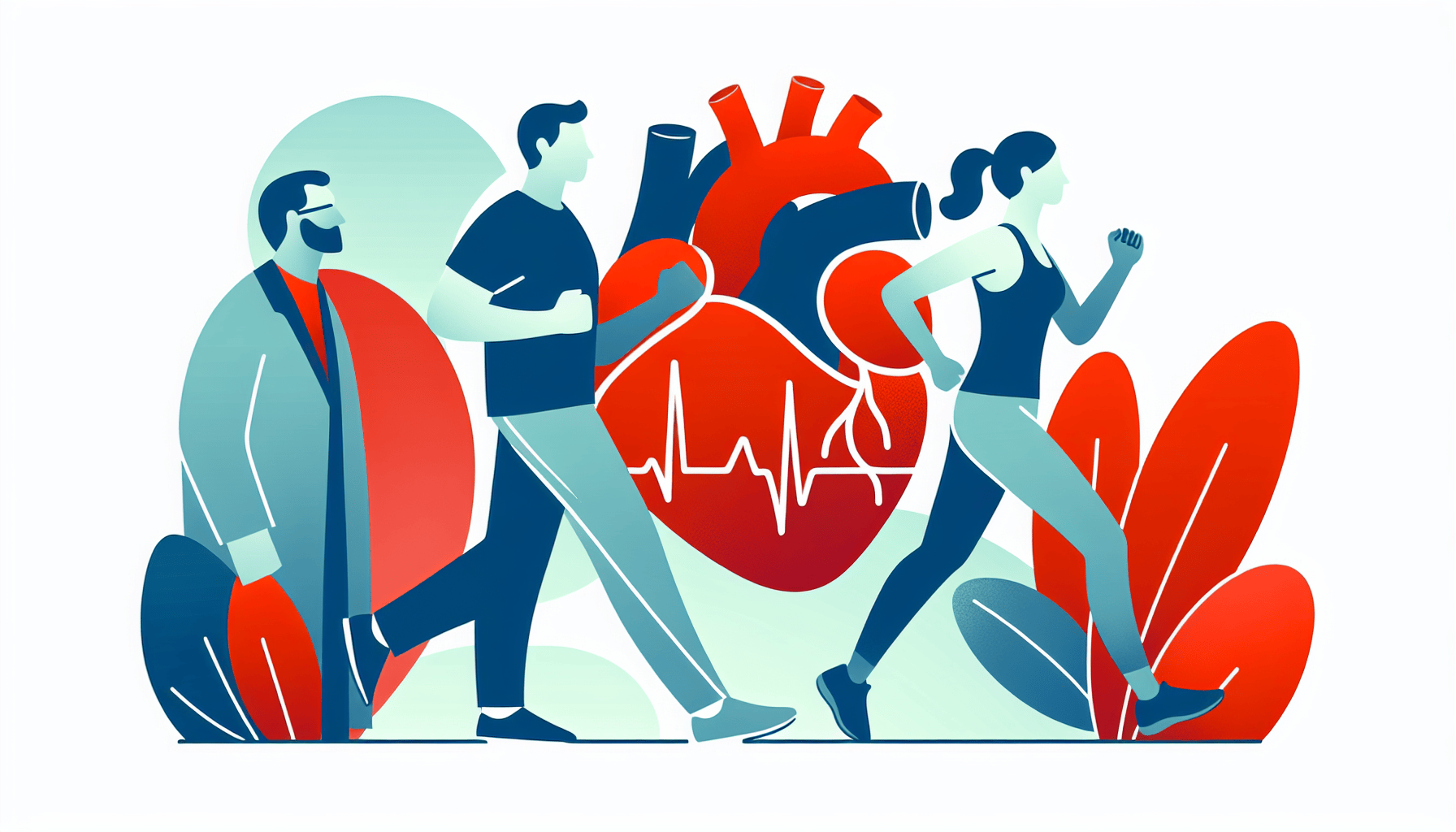Regular exercise, especially aerobic exercise, is one of the best things you can do for your health. It helps reduce your risk of heart disease while also improving your blood pressure, cholesterol, weight, energy level, and mood. If you're not currently active, it's important to check with your doctor before starting an exercise program to ensure it's safe for you.
How Often and How Long Should You Exercise?
If you're new to exercise, gradually work up to an aerobic session of about 20 to 30 minutes, at least three or four times a week. While more exercise is better, any amount is beneficial for your health. Consistency is key to seeing results.
Choosing the Right Type of Exercise
The best type of exercise is one that raises your heart rate. Consider activities that you enjoy and that fit your lifestyle, such as:
Walking
Swimming
Cycling
Dancing
Hiking
Recreational sports
Low-impact exercises like walking and swimming are easy on the joints. Choose activities that are convenient and enjoyable to help you stick with your routine.
Tips for Making Exercise a Regular Habit
Vary your workouts to prevent boredom and challenge your body in different ways.
Use music to keep you motivated and entertained during exercise.
Commit to your routine even when you don't feel like it. Consistency is crucial.
Find a workout buddy to make exercise more enjoyable and accountable.
Choose affordable options like home workouts or outdoor activities to stay within your budget.
Components of a Well-Rounded Workout
Each exercise session should include:
Warm-up: Ease into your workout to let your body adjust.
Conditioning: This is the main portion of your workout where you challenge yourself.
Cool-down: Gradually decrease intensity to transition out of your workout. Avoid stopping abruptly.
Safety Precautions and Warning Signs
While exercise is generally safe and beneficial, it's important to take precautions and listen to your body. Some tips include:
Pace yourself and gradually increase intensity and duration over time.
Stay hydrated by drinking water before, during, and after workouts.
Avoid extreme temperatures and humidity which can strain your heart.
Ease back into your routine after a break to prevent injury.
Stop if you experience pain, shortness of breath, dizziness, or irregular heartbeat.
If you have any concerns or persistent symptoms, consult your doctor. With a little planning and precaution, exercise can be a safe and effective way to improve your heart health and overall well-being. Remember, the best exercise routine is one that you enjoy and can stick with long-term!
For more information on starting an exercise program, check out these resources:
The Bottom Line
Consistent moderate activity for just 20-30 minutes most days provides substantial heart protection without requiring intense workouts. Start slowly and build gradually, paying attention to your body's signals during exercise. If you have concerns about starting an exercise program or experience any warning symptoms, Doctronic can provide personalized guidance for your situation.


